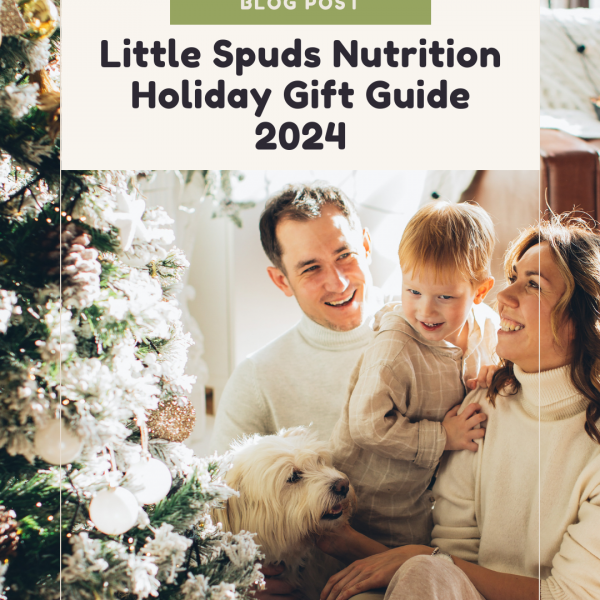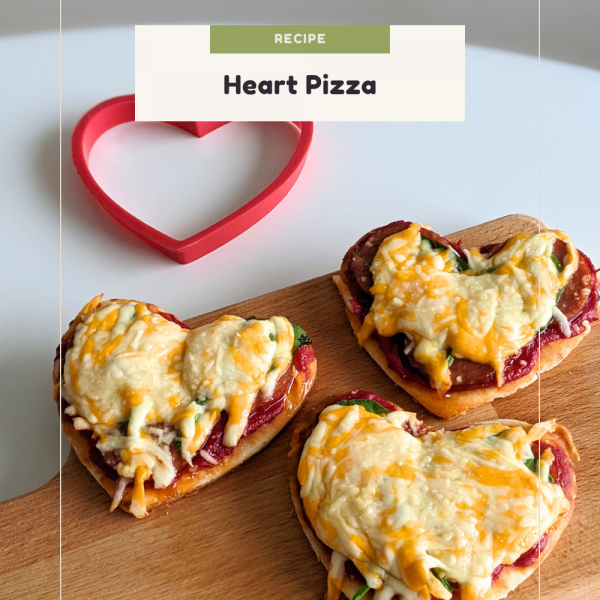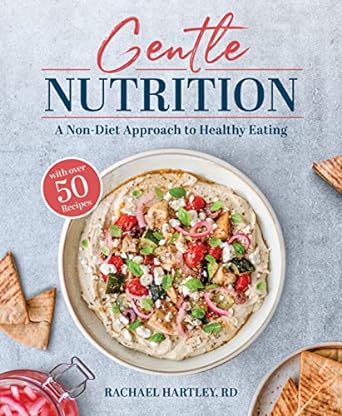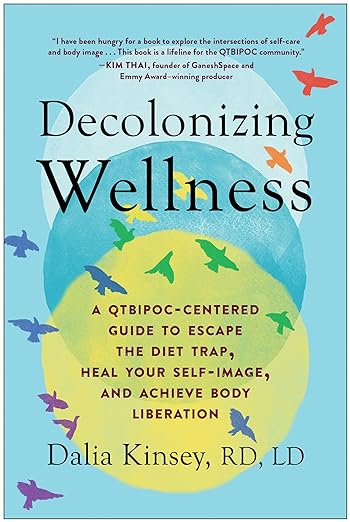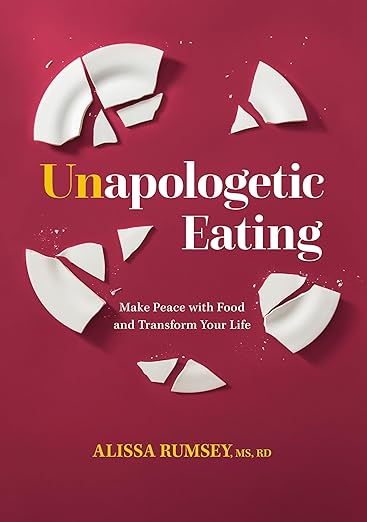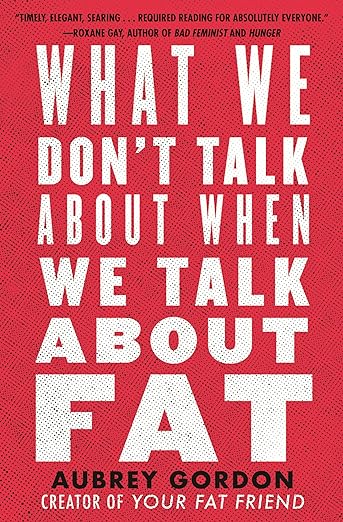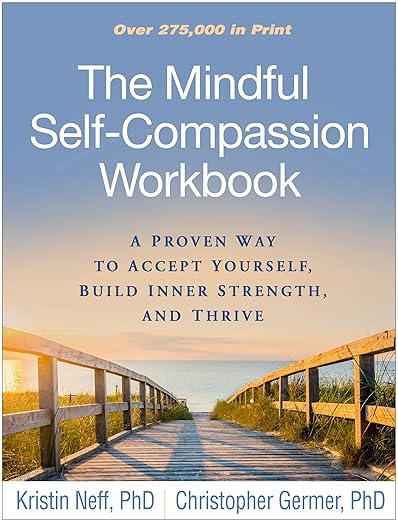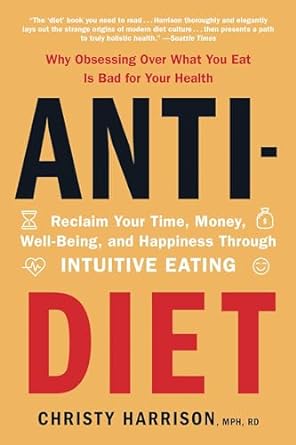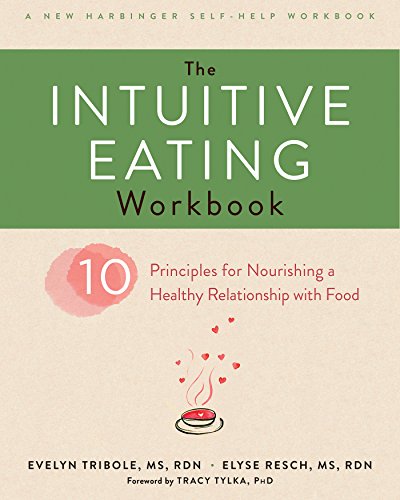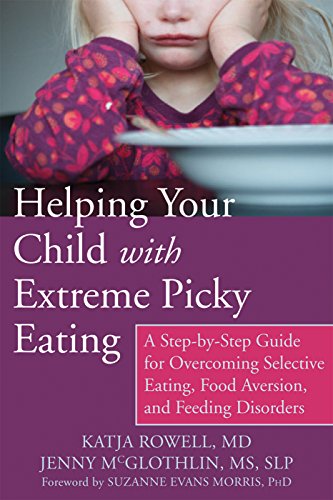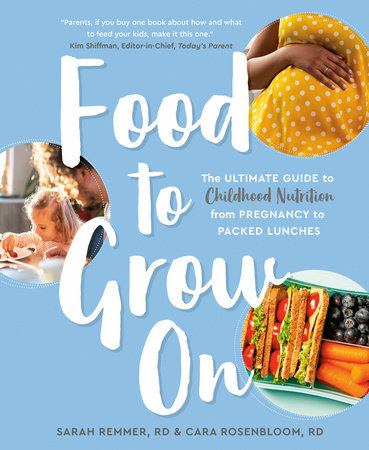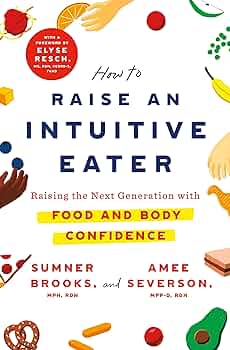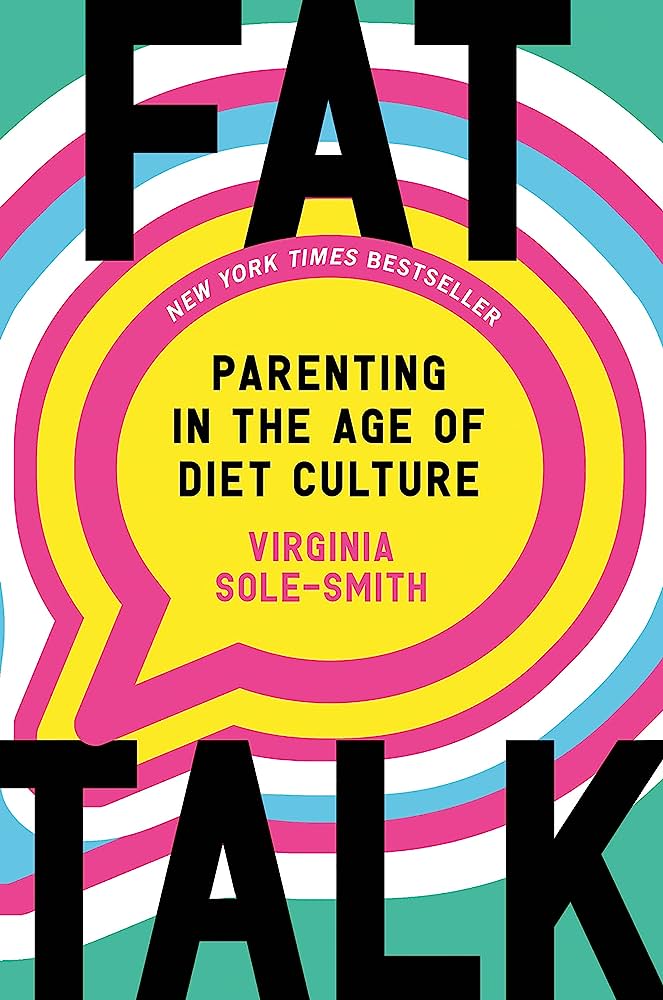
Take Aways
- Educators and caregivers are fundamental role models for young lives
- All foods can fit into a healthy diet
- Food-neutral language is essential when discussing food and nutrition
- A positive relationship with food is protective against the development of disordered eating, body image dissatisfaction, and eating disorders
A Letter to Educators and Caregivers
We would like to recognize the contributions made by teachers, caregivers, coaches, and mentors, who are essential role models for children and youth. They provide invaluable experiences that influence young lives and contribute to the development of children. We sincerely appreciate you and thank you for all that you do!
We also acknowledge that returning to school this fall, after the ups and downs of the ongoing COVID-19 pandemic, brings added stress and uncertainty for staff, students, and families. The pandemic has brought to light the importance of supporting mental health needs especially in periods of added stress and isolation. Over the past year, we have seen an exponential rise in eating disorders and disordered eating, particularly in young people. This highlights the essential need for role models to promote a healthy and neutral relationship with food, exercise, and body image as a protective factor against the development of eating disorders.
All Foods Fit
There is no doubt that as role models, our teachings are well-intentioned when supporting the development of young minds. However, it’s important to recognize our own beliefs and language that we use around food. Pervasive diet advertisements, weight stigma, social media, and moralizing of food as “good” or “bad” can affect our relationships with food and how we interact with it. These beliefs and experiences may carry over into our language and lesson plans.
All foods can fit into a healthy diet that promotes enjoyment, satiety, growth, and development. It’s important that we practice food neutrality when discussing food and nutrition. For example, both an apple and a chocolate chip cookie can provide someone with energy and satisfaction. Using food-neutral language removes the hierarchy that some foods can be “better” or “more healthy” than others. When food neutrality is practiced, children are more likely to eat a variety of all foods. When foods are historically labelled as ‘bad’ or ”unhealthy”, we tend to feel guilty or shameful when eating them. When foods are neutral and equally accepted, we are less likely to engage in disordered eating behaviours like restriction or bingeing.
A colleague once shared that her children had completed an activity in preschool that categorized foods like fruits, vegetables, and whole grains as “Yummy” meanwhile “Yucky foods” were identified as cupcakes, cookies, chips, and french fries. If from a young age, children learn to label foods as “good” versus “bad”, this may lead to problematic behaviours or thoughts around food as they get older and carry into adult life. Promoting neutral differences between foods rather than placing value on them is important for fostering a healthy relationship with food. Instead of aiming to teach nutrition, teach children about all foods.
The Division of Responsibility at School
We recommend families follow the Division of Responsibility, a framework by Ellyn Satter, where parents decide what foods are being offered and children decide how much they are eating in response to their body’s cues. The Division of Responsibility helps foster regular eating and feeding behaviours as well emotional health and positive family relationships. Following the framework practices food-neutral language and supports children in learning to trust their hunger, fullness, and body cues.
Following the division of responsibility at school looks like:
- Parents: decide and provide what food is offered.
- School, teachers & caregivers: Decide when and where students eat. Students should be provided a positive environment without toys, screens or other distractions.
- Students: Decide if they eat a food that is offered and how much, it does not need to be in any particular order.
Using the Division of Responsibility alongside food neutrality helps kids to build a healthy relationship with food over their lifetimes.
Over the years, teachers and caregivers have had an increased responsibility to provide nutrition and health education with little guidance or resources. At Little Spuds Nutrition, we want to provide you with tools to feel confident in making informed decisions about education and activities that you bring to a learning environment. Respectfully, we hope that you will hear our recommendations as a way of helping without harming. We encourage you to share your feedback with us.
If you would like assistance with curriculum development or review of health, nutrition, body image, and/or media literacy content, please consult our registered dietitians at hello@littlespudsnutrition.com.
If you suspect a child may be experiencing an eating disorder, please consult your local medical and mental health resources. For BC residents, Kelty Mental Health – Eating Disorders can connect you to local services.
Little Spuds Nutrition provides nutritional assessment for eating disorders and disordered eating. We support clients of all ages to improve their relationship with food and their bodies.
Authored by
Lawren Fischer, RD – Pediatric and Family Nutrition
Marilee Pumple, RD – Eating Disorder Recovery
Shay Hayashi – Content Development and Strategist
Disclaimer
Information provided by our dietitians is for general education and is not medical advice.
